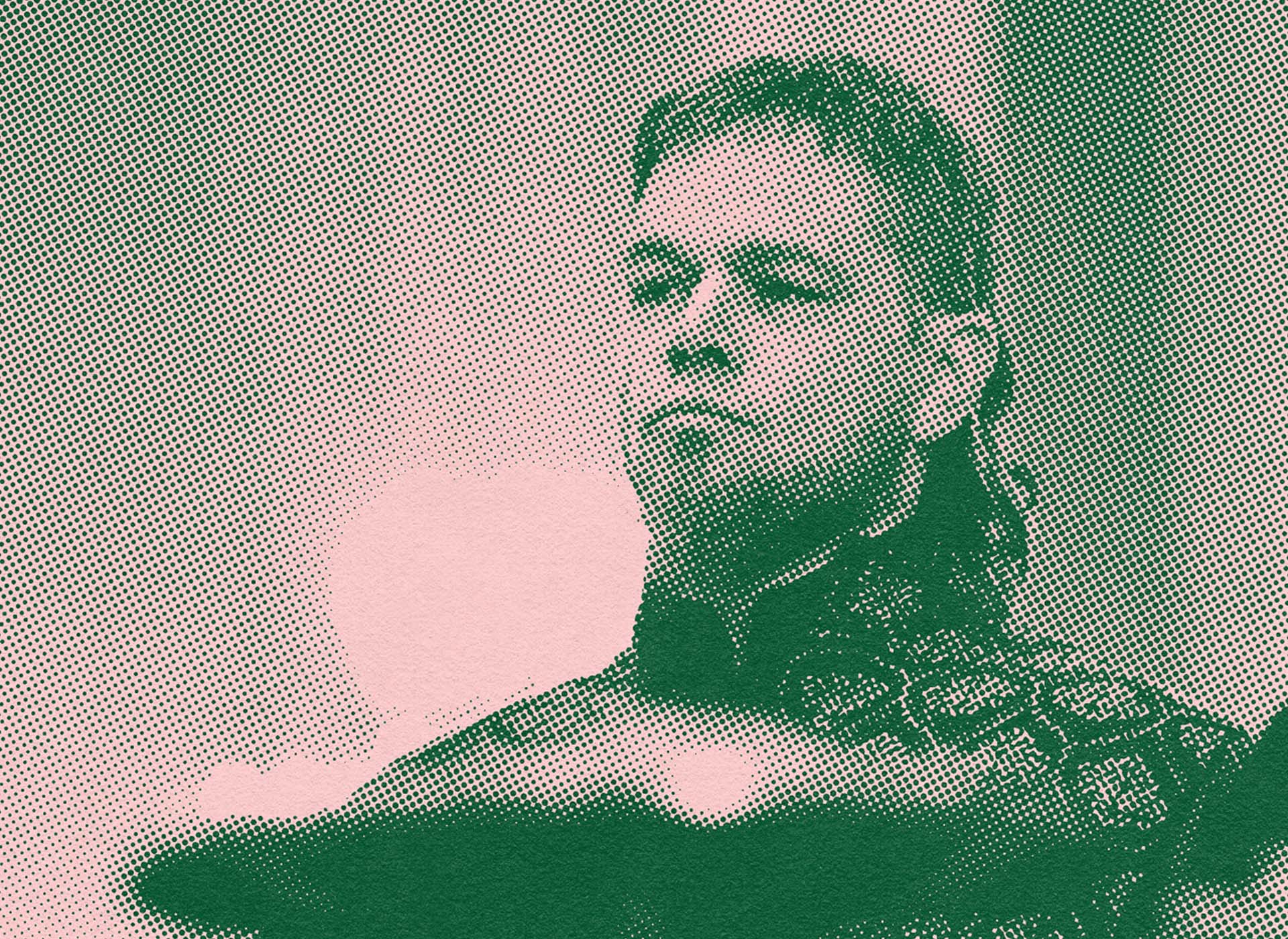
Review: The Last Duel
Octogenarian Ridley Scott may have earned the title of filmmaking legend (as well as knighthood) during his eclectic career, but with the exception of Gladiator, his period dramas (Kingdom of Heaven, 1492: Conquest of Paradise, and Exodus: Gods and Kings among others) have largely blemished a record of seminal films that ranges from Alien and Bladerunner to Thelma & Louise and The Martian. Though set in Medieval France, The Last Duel manages to escape the fate of Scott’s other forays into the genre, largely because its multi-perspective structure—which owes a great debt to Akira Kurosawa’s Rashomon—serves to foreground story over bloated battle scenes. In the aftermath of the Caroline War, the riddled-with-status-anxiety knight Jean de Carrouges (Matt Damon) seeks the crown’s approval for a duel to the death when his wife Marguerite (Jodie Comer) accuses his best friend and former squire Jacques Le Gris (Adam Driver) of raping her. As each character’s account of events unfolds, Scott deconstructs the power dynamics and nationalistic fervor of the Court, an observational tactic all too often absent in “These Times” of political divisiveness and demagoguery.
Scott showcases his penchant for brutally choreographed action sequences and claustrophobic character drama, endowing equal gravitas to scenes of wartime carnage and Marguerite’s chronic emotional isolation from the men in her life. However, the foundation of the film’s success hinges on its impeccably crafted screenplay by Matt Damon and Ben Affleck in collaboration with indie filmmaker Nicole Holofcener (Enough Said, Walking and Talking). In their first writing partnership since Good Will Hunting twenty-five years ago, Damon and Affleck perfectly capture de Carrouges and Le Gris’s proto-frathouse dynamic while Holofcener adapts her career-long preoccupation with the contradictions and flaws of the upper-middle class to a medieval story that is based on true events.
As the film’s three pawns of the libertine aristocrat Count Pierre d'Alençon (played with gusto by Affleck) allow their thwarted aspirations to manifest in ethical failings from which they cannot recover, Scott dedicates every frame to laying bare the personal and professional desires that culminate in the titular duel. What results is an elegantly paced and nuanced spectacle that also serves as a showcase for the trio of actors at its core who more than rise to the task of playing slightly different versions of their characters in each of the film’s chapters. While Damon and Driver turn in their expected consummate performances, the real standout is Comer, whose career continues to gain momentum after turns in the British TV-drama Killing Eve and last summer’s Ryan Reynolds blockbuster Free Guy. With its focus on Marguerite and the transactional role of women in 14th- century France, The Last Duel has plenty of chances to devolve into #metoo allegorical agitprop. But Comer’s performance and the movie’s preoccupations with subjective truths shape it into something much more: an unflinching look at a compromised humanity that hasn’t changed much over seven centuries.
In theaters.
